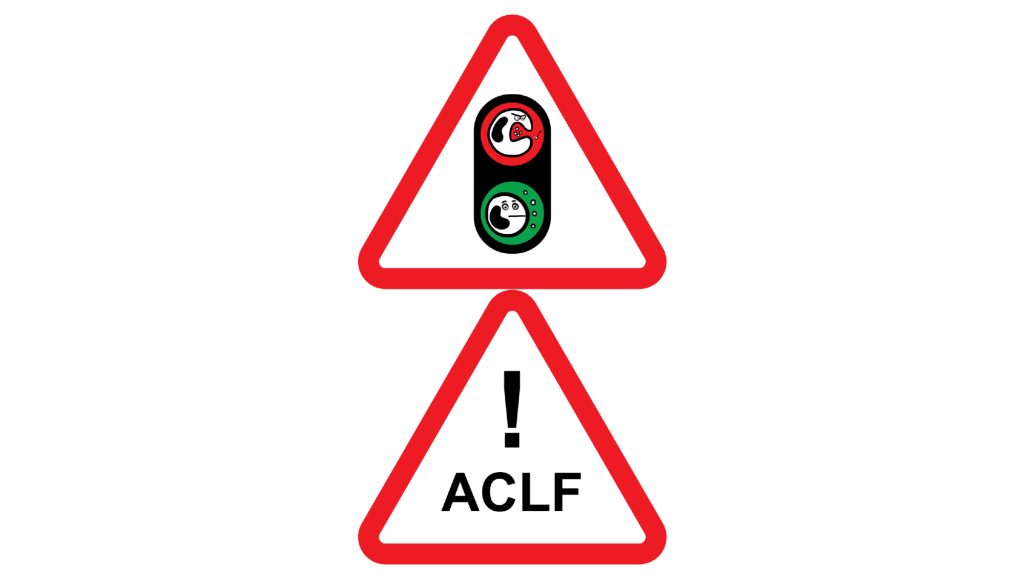Menu

ACLF is a severe complication of cirrhosis, characterized by multiple organ system failures and high short-term mortality. The pathophysiology of this syndrome involves an intense systemic inflammation and immune dysfunction, leading to increased susceptibility to recurrent bacterial infections and organ failure. A growing body of research shows that ongoing systemic inflammation in patients with ACLF is associated with circulating monocytes in an immunosuppresive state. Despite its severity, the cellular mechanisms driving different disease outcomes in ACLF remain poorly understood.
Researchers used single-cell RNA sequencing to analyzed circulating immune cells from patients with ACLF, acutely decompensated cirrhosis, and healthy individuals.
“Single-cell RNA sequencing has become an indispensable tool for studying cellular biology”, said Joan Clària, author in the paper and Principal Investigator at EF CLIF and Group Leader of the Inflammation and Liver Disease research group at Hospital Clínic de Barcelona-IDIBAPS, Spain. “It allows us to precisely determine the RNA molecules at the resolution of individual cells, thus advancing our knowledge on the functioning of the different cell types and subtypes in a particular disease condition”, he explained.
Findings from this study highlight how distinct immunometabolic states in classical monocytes – a circulating immune cell population which is rapidly movilized from the bone marrow to the site of inflammation or infection – can predict recovery or nonrecovery in patients with ACLF. In patients who recovered, classical monocytes expressed genes associated with immune tolerance and anti-inflammatory functions. In contrast, classical monocytes in patients who did not recover from ACLF showed increased expression of inflammatory and stress response genes.
“Previous studies from the EASL-CLIF Consortium have shown the presence of systemic inflammation in decompensated cirrhosis and ACLF. This study highlights the importance of circulating immune cells in maintaining this inflammatory state as well as showing that a persistent state of immune activation by immune cells is associated with worse outcomes”, said Schalk van der Merwe, senior author in the paper, consultant and Associate Professor at KU Leuven, Belgium.
Although the study included a relatively small number of patients and ACLF is a complex condition with various causes, unpredictable progression, and multiple triggers, the detailed analysis provided enough predictive power to distinguish between recovery and nonrecovery in patients with ACLF. Moreover, the identification of distinct immunometabolic signatures in circulating immune cells could pave the way for further research to identify therapeutic targets for ACLF treatment.
“Cirrhosis is a immunological paradox where systemic inflammation prevails and immune effector function is diminished. Systemic inflammation drives processes like organ failure, while immune effector function loss increases the susceptibility to bacterial infections. These two states seem to co-exist in decompensated cirrhosis especially in ACLF”, explained van der Merwe. “Our study shows that there is a dynamic interplay between these two states. If monocytes express inflammatory genes and have an abnormal energy utilization, this favors poor outcome. Conversely, when monocytes enter a state of tolerance with improved energy utilization patients outcomes are improved. However this tolerant state may eventually lead to new infections underscoring this fragile balance. Ultimately in ACLF therapy should be aimed at reducing systemic inflammation whilst restoring immune effector function”, he added.
Joan Clària is supported by the Centro de Investigación Biomédica en Red de Enfermedades Hepáticas y Digestivas (CIBEREHD), Instituto de Salud Carlos III, Spain.
Other authors on the study are Rita Feio-Azevedo, Markus Boesch, Silvia Radenkovic, Likas van Melkebeke, Lena Smets, Marie Wallays, Bram Boeckx, Gino Philips, Janaíne Prata de Oliveira, Mohammad Ghorbani, Wim Laleman, Philippe Meersseman, Alexander Wilmer, David Cassiman, Hannah van Malenstein, Evangelos Triantafyllou, Cristina Sánchez, Ferran Aguilar, Frederik Nevens, Jef Verbeek, Richard Moreau, Vicente Arroyo, Alexandre Denadai Souza, Diether Lambrechts, Bart Ghesquière, and Hannelie Korf.
Feio-Azevedo R, Boesch M, Radenkovic S, van Melkebeke L, Smets L, Wallays M, Boeckx B, Philips G, Prata de Oliveira J, Ghorbani M, Laleman W, Meersseman P, Wilmer A, Cassiman D, van Malenstein H, Triantafyllou E, Sánchez C, Aguilar F, Nevens F, Verbeek J, Moreau R, Arroyo V, Denadai Souza A, Clària J, Lambrechts D, Ghesquière B, Korf H, van der Merwe S. Distinct immunometabolic signatures in circulating immune cells define disease outcome in acute-on-chronic liver failure. Hepatology 2024. DOI: 10.1097/HEP.0000000000000907. Epub ahead of print.
European Foundation for the Study of
Chronic Liver Failure
Avinguda Diagonal 477, 11th floor
08036 Barcelona, Spain
Tel: +34 93 227 14 00
Email: Send us an email
© 2025 European Foundation for the Study of Chronic Liver Failure

| Cookie | Duration | Description |
|---|---|---|
| cookielawinfo-checkbox-analytics | 11 months | This cookie is set by GDPR Cookie Consent plugin. The cookie is used to store the user consent for the cookies in the category "Analytics". |
| cookielawinfo-checkbox-functional | 11 months | The cookie is set by GDPR cookie consent to record the user consent for the cookies in the category "Functional". |
| cookielawinfo-checkbox-necessary | 11 months | This cookie is set by GDPR Cookie Consent plugin. The cookies is used to store the user consent for the cookies in the category "Necessary". |
| cookielawinfo-checkbox-others | 11 months | This cookie is set by GDPR Cookie Consent plugin. The cookie is used to store the user consent for the cookies in the category "Other. |
| cookielawinfo-checkbox-performance | 11 months | This cookie is set by GDPR Cookie Consent plugin. The cookie is used to store the user consent for the cookies in the category "Performance". |
| viewed_cookie_policy | 11 months | The cookie is set by the GDPR Cookie Consent plugin and is used to store whether or not user has consented to the use of cookies. It does not store any personal data. |